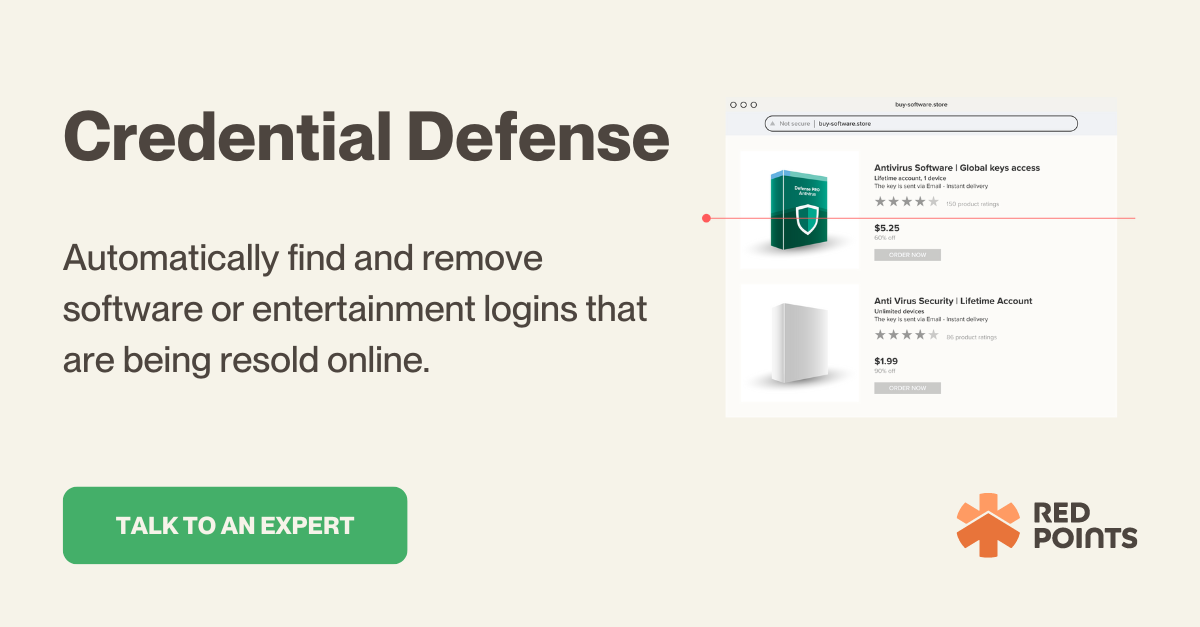
Table of Contents:
Last updated on: March 28, 2024
Online gaming has emerged as a global phenomenon, captivating millions of players around the world. Yet, amidst the exhilarating virtual worlds and immersive gameplay experiences lies a shadowy practice that threatens the very foundation of the gaming industry: credential sharing.
Imagine this: you purchase a subscription to your favorite gaming platform, eagerly anticipating endless hours of adventure and competition. But instead of logging in solely with your credentials, you share your username and password with friends or family, unwittingly granting them access to premium content without paying a dime. While this might seem harmless at first glance, the ramifications of credential sharing extend far beyond mere convenience, posing significant challenges to gaming companies on multiple fronts.
The impact of this behavior extends far beyond just gaming companies; it affects the gaming experience itself on a grand scale. The effects span from financial losses to security vulnerabilities, presenting numerous challenges. Credential sharing not only threatens the sustainability and profitability of gaming companies but also tarnishes the overall integrity of the gaming industry.
At Red Points, we are tirelessly committed to safeguarding online channels from such infringements, fully cognizant of their far-reaching consequences. Here are the ones we deem most significant:

One of the most significant issues stemming from credential sharing is the heightened risk of security breaches. When gamers share usernames and passwords, they compromise the integrity of their accounts, exposing personal information and potentially giving unauthorized individuals access to sensitive data.
Credential sharing poses a substantial financial threat to game developers. Many online games rely on subscription models, in-game purchases, or microtransactions for revenue. When players share credentials, they undermine the economic structure by allowing multiple individuals to enjoy premium content without contributing to the developers’ income.
The gaming experience is crafted to be immersive and enjoyable, but credential sharing can disrupt this balance. Shared accounts may lead to conflicts, as progress, achievements, and in-game items become shared commodities. This dilution of the individual experience can detract from the intended enjoyment for both the account owner and the shared user.
In multiplayer games, where skill and strategy are crucial, credential sharing introduces an element of unfair competition. Skilled players may find themselves facing opponents who, through shared credentials, gain access to high-level characters or superior gear without putting in the effort. This erodes the competitive spirit of the gaming environment.
The gaming community thrives on trust and camaraderie. Credential sharing, however, can lead to a breakdown of trust among players. Instances of betrayal or misuse of shared accounts can sour friendships and create a negative atmosphere within gaming circles.
To combat credential sharing, gaming companies are increasingly implementing measures such as multi-factor authentication, device linking, anti-piracy software, and account activity monitoring. These measures aim to not only secure user accounts but also discourage the sharing of credentials by making it more challenging and risky.
The issue of credential sharing in the gaming industry is not just about password sharing; it’s about protecting the gaming ecosystem. At Red Points, we recognize the critical nature of this challenge and are dedicated to providing a direct solution.
Our Credential Defense Software automatically identifies and eliminates online listings of resold software or entertainment logins. This particular solution helps maintain the authenticity of digital assets and ensures a secure gaming environment. For gaming companies, adopting these advanced solutions is a crucial step toward ensuring the industry’s vitality and longevity.
